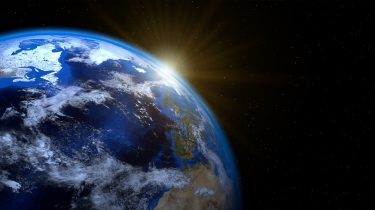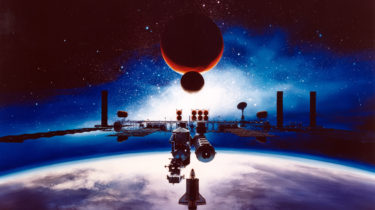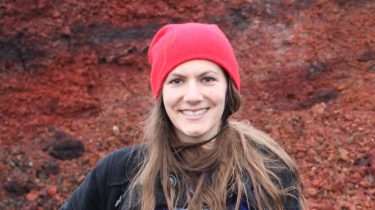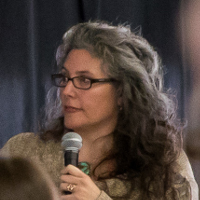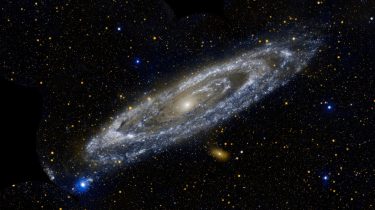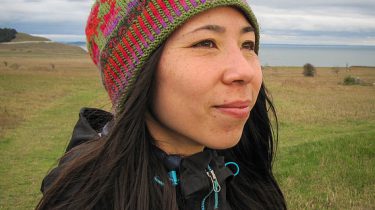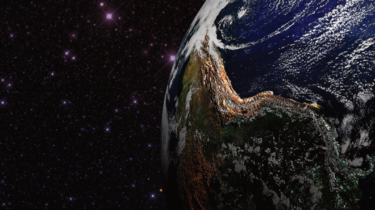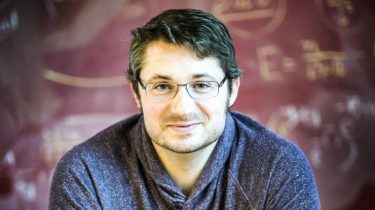“When I think of the Earth, I think about…”
By Rabeea Rasheed When I think of the Earth, I think about it as one strange rock orbiting in space around an average star. Earth makes me think about my place in the universe, forcing me to seek answers to some of the biggest questions – questions about our existence and mysteries of the universe such as what is the possibility of life somewhere out there, in the great unknown; if it exists, what would be the nature of that […]
Read more
